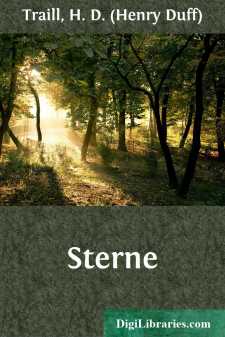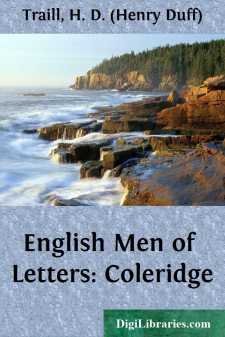Categories
- Antiques & Collectibles 13
- Architecture 36
- Art 48
- Bibles 22
- Biography & Autobiography 815
- Body, Mind & Spirit 144
- Business & Economics 28
- Children's Books 18
- Children's Fiction 14
- Computers 4
- Cooking 94
- Crafts & Hobbies 4
- Drama 346
- Education 58
- Family & Relationships 59
- Fiction 11834
- Games 19
- Gardening 17
- Health & Fitness 34
- History 1378
- House & Home 1
- Humor 147
- Juvenile Fiction 1873
- Juvenile Nonfiction 202
- Language Arts & Disciplines 89
- Law 16
- Literary Collections 686
- Literary Criticism 179
- Mathematics 13
- Medical 41
- Music 40
- Nature 179
- Non-Classifiable 1768
- Performing Arts 7
- Periodicals 1453
- Philosophy 65
- Photography 2
- Poetry 896
- Political Science 203
- Psychology 44
- Reference 154
- Religion 515
- Science 126
- Self-Help 85
- Social Science 82
- Sports & Recreation 34
- Study Aids 3
- Technology & Engineering 59
- Transportation 23
- Travel 463
- True Crime 29
Our website is made possible by displaying online advertisements to our visitors.
Please consider supporting us by disabling your ad blocker.
Sterne
Description:
Excerpt
CHAPTER I.
BIRTH, PARENTAGE, AND EARLY YEARS.
(1713-1724.)
Towards the close of the month of November, 1713, one of the last of the English regiments which had been detained in Flanders to supervise the execution of the treaty of Utrecht arrived at Clonmel from Dunkirk. The day after its arrival the regiment was disbanded; and yet a few days later, on the 24th of the month, the wife of one of its subalterns gave birth to a son. The child who thus early displayed the perversity of his humour by so inopportune an appearance was Laurence Sterne. "My birthday," he says, in the slipshod, loosely-strung notes by which he has been somewhat grandiloquently said to have "anticipated the labours" of the biographer—"my birthday was ominous to my poor father, who was the day after our arrival, with many other brave officers, broke and sent adrift into the wide world with a wife and two children."
Roger Sterne, however, now late ensign of the 34th, or Chudleigh's regiment of foot, was after all in less evil case than were many, probably, of his comrades. He had kinsmen to whom he could look for, at any rate, temporary assistance, and his mother was a wealthy widow. The Sternes, originally of a Suffolk stock, had passed from that county to Nottinghamshire, and thence into Yorkshire, and were at this time a family of position and substance in the last-named county. Roger's grandfather had been Archbishop of York, and a man of more note, if only through the accident of the times upon which he fell, than most of the incumbents of that see. He had played an exceptionally energetic part even for a Cavalier prelate in the great political struggle of the seventeenth century, and had suffered with fortitude and dignity in the royal cause. He had, moreover, a further claim to distinction in having been treated with common gratitude at the Restoration by the son of the monarch whom he had served. As Master of Jesus College, Cambridge, he had "been active in sending the University plate to his Majesty," and for this offence he was seized by Cromwell and carried in military custody to London, whence, after undergoing imprisonment in various goals, and experiencing other forms of hardship, he was at length permitted to retire to an obscure retreat in the country, there to commune with himself until that tyranny should be overpast. On the return of the exiled Stuarts Dr. Sterne was made Bishop of Carlisle, and a few years later was translated to the see of York. He lived to the age of eighty-six, and so far justified Burnet's accusation against him of "minding chiefly enriching himself," that he seems to have divided no fewer than four landed estates among his children. One of these, Simon Sterne, a younger son of the Archbishop, himself married an heiress, the daughter of Sir Roger Jaques of Elvington; and Roger, the father of Laurence Sterne, was the seventh and youngest of the issue of this marriage. At the time when the double misfortune above recorded befell him at the hands of Lucina and the War Office, his father had been some years dead; but Simon Sterne's widow was still mistress of the property which she had brought with her at her marriage, and to Elvington, accordingly, "as soon," writes Sterne, "as I was able to be carried," the compulsorily retired ensign betook himself with his wife and his two children....



